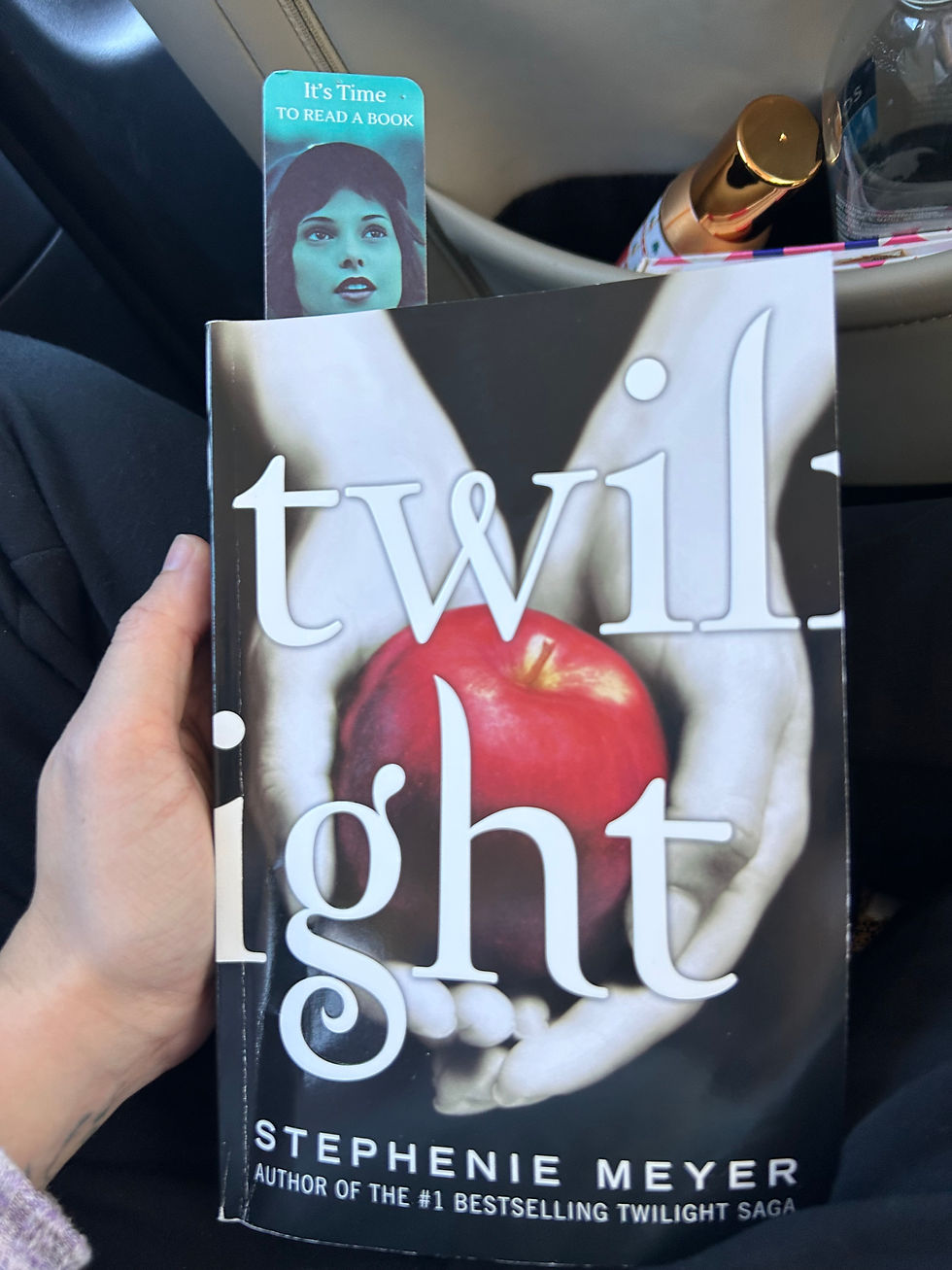Creative Processes: What Works and What Doesn't
- Leah Block

- May 9
- 4 min read
Updated: May 14
There are as many different creative processes as there are writers in the world.
No matter how many years of experience somebody acquires on their journey in writing, copyediting, or other creative forms, people all bring a unique process in their work. Like other writers, I know it gets easier as it goes, but I also experience writing blocks like anyone. I think what makes somebody a "writer" is the innate urge we get to write thoughts down, no matter how tough it might be to express, that urge remains. Overall, writing is an art, science, and a journey — and one I'm happy to share my own experiences on, and I can share about what works for me in my own "creative process."
Inspiration and Motivation
As mentioned, my creative process begins with an innate urge to write, something like a spark. Plenty of sparks don't kindle into a full-blown result. Lots of ideas end up in the garbage, more than the ones that turn into a realized article, blog, or magazine article. The best ideas come to me personally when I'm not in front of my laptop. I go into nature for the best inspiration and to get the ideas flowing, which is why I walk every day, even if only for ten minutes around the block. I think of a quote by one of my favorite writers and authors, Toni Morrison, when she says the following.
“If there's a book that you want to read, but it hasn't been written yet, then you must write it.” (From Morrison’s 1981 speech to the Ohio Arts Council)
Getting Ideas Flowing, Or Not?
That leads to the next aspect of my creative process, which is physical exercise. (I know, has the writing started yet?) Lots of writing includes not writing, reminiscent of a meme in which somebody chooses to get a chocolate croissant over writing, because who knows? It might help this time.

Leah Block Communication focuses on writing, editing, and communication subjects, but the blog calls to veer into health advice, and I digress... I also try to integrate walking, hiking, and yoga in my creative process, because the refreshing nature of these things helps me connect dots and form compelling arguments, which can be used strategically to help people voice their ideas or simply for me to voice my own.
Practice, Practice
Self-discipline is an understated part of the creative process. Since it's part of my work, writing isn't always "fun," and I'm not always in the mood to do it! However, I push myself because creativity is a muscle that needs to be exercised, just like how I can continue walking every day and doing yoga. Fortunately, writing is a process that improves, granted I commit and stay positive.
Scribble Something Down Anywhere
Writing begins as scribbles of ideas on my phone or scratch pad, which later transforms on my computer. I think plenty of writers can recall writing down ideas in funny places. According to a 2021 article by Bangz Showbiz on Today Online, acclaimed author J.K. Rowling once "penned some of her famous book whilst using a public restroom," using napkins as a writing pad.

I write ideas on the notes app on my iPhone, sometimes in a journal, and sometimes in emails to myself. Writing is unique, and it's not meant to look like the next person's. Plenty of rules in writing are suggestions, and they aren't meant to be inflexible. Have fun with it, that is one of the most critical lessons I've learned throughout my career. Years ago, while interning for a midsized engineering firm as a Technical Writing Intern, a supervisor of mine described writing copy as a "scavenger hunt," and I couldn't agree more, though I might add that it's also a puzzle.
The Nitty Gritty and Organization
Research, organization, and clarity are critical to good writing as well, and it doesn't need to be tedious with the correct attitude. I believe the balance between creativity and organization exists, and great writers know where and how to flex this as a skill. Personally, my writing flows from the heart first before I organize it with my brain.
Research is also a part of writing, and this part of the process doesn't need to feel like a check box. Today, research is as simple as going to Google most of the time. If something is inspiring or connects with your subject, simply identify the author, date, and URL and use proper citation using your chosen style guide. I often engage in active, continual research when I'm not writing anything by reading the work of others on topics I enjoy, like marketing and technology, from forums, books, news websites, and Wikipedia.
Tying it All Together
For the Leah Block Communication blogs, services, and projects, my readers and collaborators can expect to see blogs of varying tones and themes. Some blogs may be more serious than others while some may be more "fun." Readers can expect to see organic pieces reflecting the writer I am inwardly and technical pieces discussing a technical subject.

Does my creative process sound at all like yours? It may, but there are unique points in the process for every writer, and I encourage those looking to start to try some of the points I mentioned and ultimately find what works for them.
Certainly, the readers of the Leah Block Blog can expect to see improved writing and editing skills on this journey. I hope you'll join me on this journey by subscribing to blog updates using the form on the "Blog" section of the Leah Block Communication website.
Featured image produced with Gemini AI.



Comments